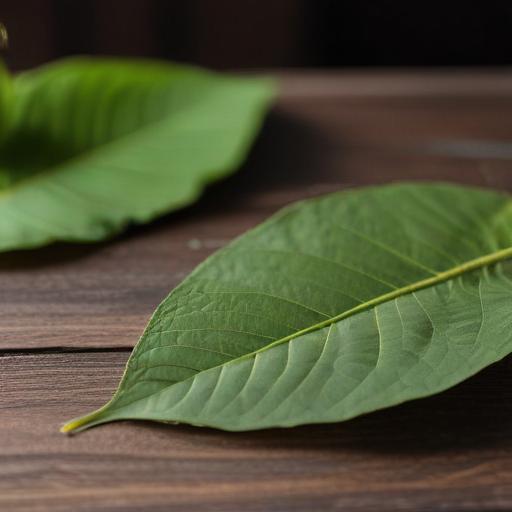In a tragic account, 37-year-old Jordan McKibban collapsed in his bathroom after consuming kratom, an herbal supplement marketed as a natural remedy for pain and anxiety. McKibban’s mother, Pam Mauldin, recounted his vibrant life and aspirations to start a family, only to lose him unexpectedly due to complications linked to kratom. An autopsy later identified mitragynine, a compound present in kratom, as the cause of his death.
Prior to his untimely passing in 2022, McKibban was engaged in preparing meals for his family and was actively participating in outdoor activities. Friends and relatives remember him as someone who cherished life and found joy in everyday tasks. However, Mauldin, frustrated with the lack of regulation concerning kratom, believes that it should be removed from store shelves. She highlighted the discrepancies in how the FDA recalls contaminated food products while kratom continues to be widely available despite its dangers.
Kratom, derived from a Southeast Asian plant, has differing effects depending on the dosage. At higher doses, it can act as a sedative and has potential risks of addiction and overdose, a sentiment echoed by Dr. Robert Levy, a specialist in addiction medicine. The rising usage of kratom products has also drawn concern from healthcare professionals, especially with rising reports of health complications and fatalities linked to kratom.
As kratom continues to grow in popularity, especially among youths, the challenge is compounded by its appealing marketing as a safe alternative for stress and pain management. Doctors urge parents to discuss the risks of kratom with their children, as there is a significant gap in public knowledge regarding its addictive properties.
Mauldin’s and another grieving mother’s story, Jennifer Young, underscores the devastating impact of kratom. Young shared how her son, Johnny Loring, had started using kratom for anxiety, ultimately leading to his untimely death at 27. Both mothers are seeking justice through wrongful death lawsuits, highlighting the regulatory failures surrounding the product.
Experts continue to advocate for stricter regulations on kratom and increased public awareness about its potential dangers. In light of the tragic stories of McKibban and Loring, there is a growing call for comprehensive education and open discussions about the allure and risks of such substances to prevent further heartbreak.
The narrative surrounding kratom emphasizes the importance of informed choices, parental guidance, and the necessity for regulatory bodies to address emerging substance use trends. Awareness and communication can serve as proactive measures in safeguarding individuals from the hidden dangers of seemingly harmless supplements.
